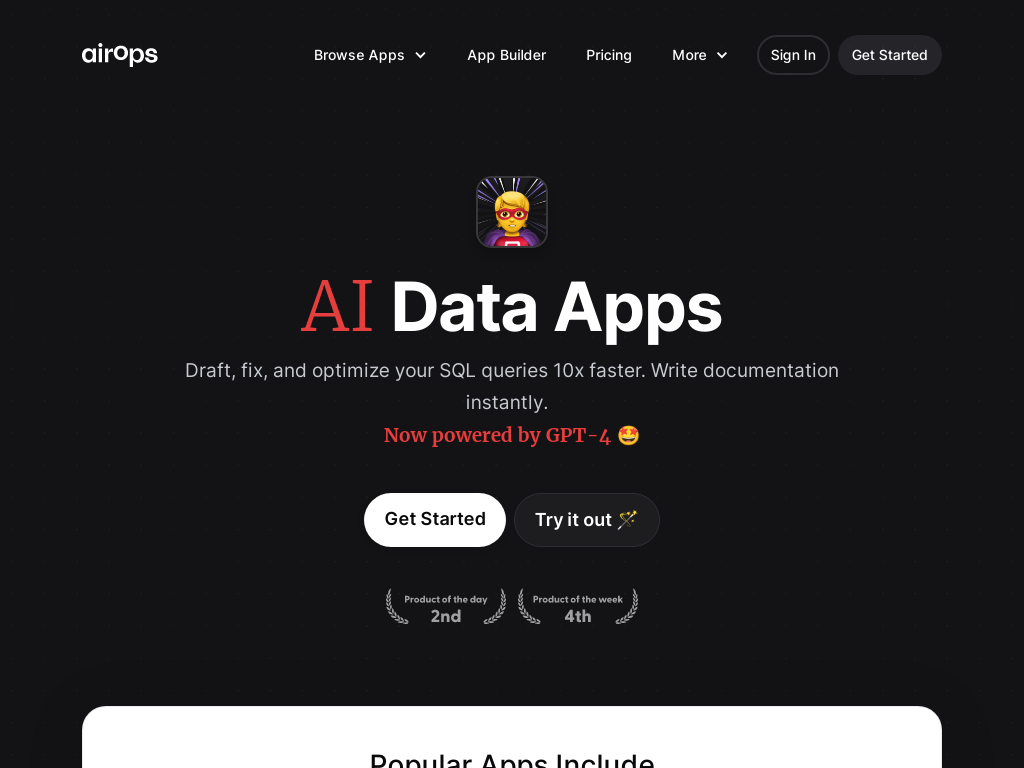Hugging Face Unveils Parler-TTS: Open-Source Library Pioneers TTS Technology Advancements
In the wave of continuous popularity in the field of artificial intelligence, an open-source inference and training library called Parler-TTS has attracted widespread attention. This emerging technology not only demonstrates significant progress in the field of text-to-speech (TTS), but also sets a new benchmark for speech synthesis technology with its deep consideration of ethical issues.
While pursuing technological innovation, the development team of Parler-TTS has always adhered to ethical principles. They realize that as speech synthesis technology matures, achieving high-quality speech generation while protecting personal privacy and ensuring data compliance has become an urgent problem to be solved. Therefore, Parler-TTS fully considers these factors in its design, avoiding potentially invasive voice cloning methods and instead using direct text prompts to achieve speech control, ensuring that the generated speech meets ethical standards and user needs.
The first version of Parler-TTS, Parler-TTS Mini v0.1, has already demonstrated its powerful potential. Trained on a comprehensive dataset including 10,000 hours of audiobook recordings, the system is capable of generating high-quality speech with different speaking styles with minimal data requirements. This achievement not only showcases the efficiency of Parler-TTS in data utilization, but also establishes a solid foundation for its leading position in the TTS field.
It is worth mentioning that the architecture of Parler-TTS is based on the MusicGen architecture and has been innovatively improved upon. By introducing cross-attention layers from text descriptions to the decoder and adding embedding layers to handle text prompts, Parler-TTS is able to generate natural and diverse speech. This improvement not only enhances the performance of the model, but also provides possibilities for its application in more scenarios.
What is even more exciting is that the Parler-TTS project team has decided to make it completely open-source. They have released all the datasets, preprocessing scripts, training codes, and model checkpoints under a permissive license to encourage global research community to participate in and promote the development of TTS technology. This initiative not only demonstrates the Parler-TTS team's firm belief in open collaboration, but also brings unlimited possibilities to the entire TTS research community.
The open-source and innovative spirit of Parler-TTS not only promotes the technological advancement of TTS models, but also triggers discussions on how to responsibly use artificial intelligence across society. In today's rapidly developing technology, how to pursue technological innovation while adhering to ethical principles has become a question that every technology practitioner needs to deeply consider. Parler-TTS undoubtedly provides us with valuable inspiration: artificial intelligence technology can truly benefit humanity only when personal privacy is respected and protected, and ethical standards are followed.
Looking ahead, we have reason to believe that with the continuous emergence and promotion of open-source projects like Parler-TTS, TTS technology will have a broader development space and application prospects. At the same time, we also look forward to more technology practitioners, like the Parler-TTS team, adhering to ethical principles and promoting open collaboration, contributing to the technological progress and harmonious development of human society.








